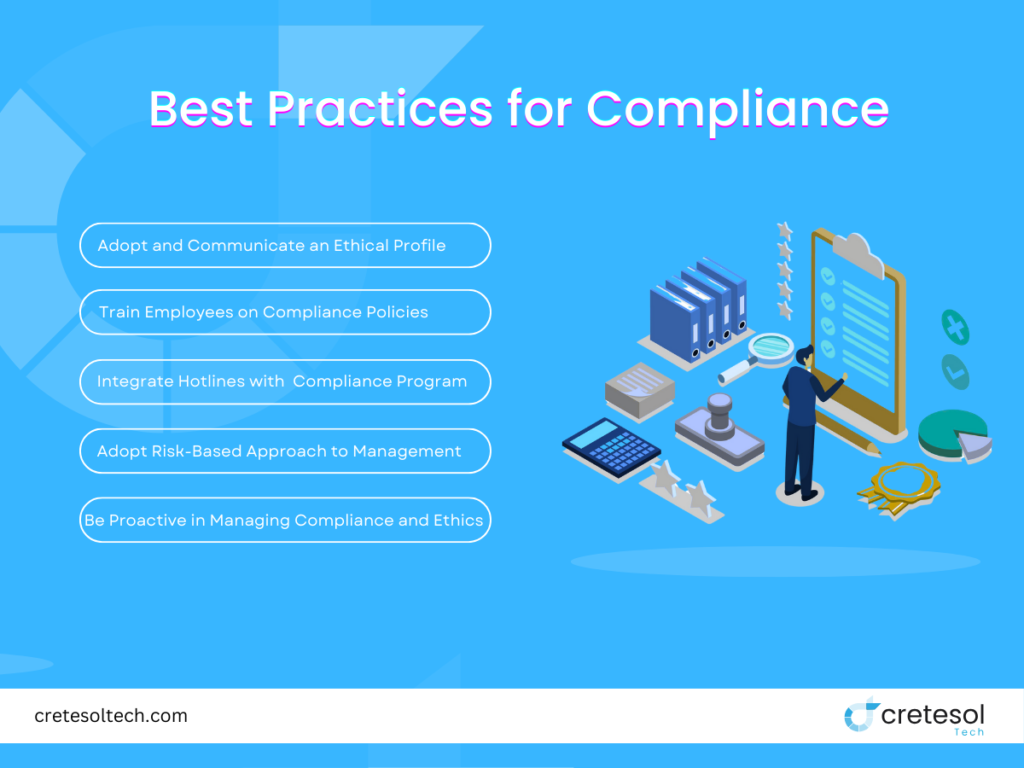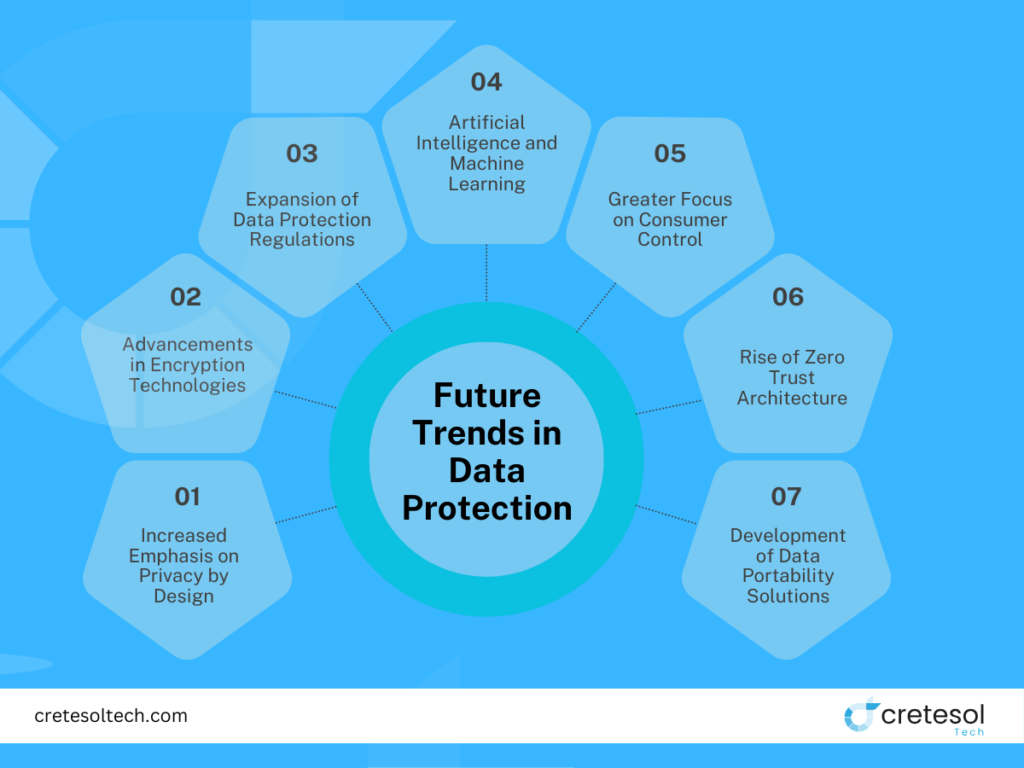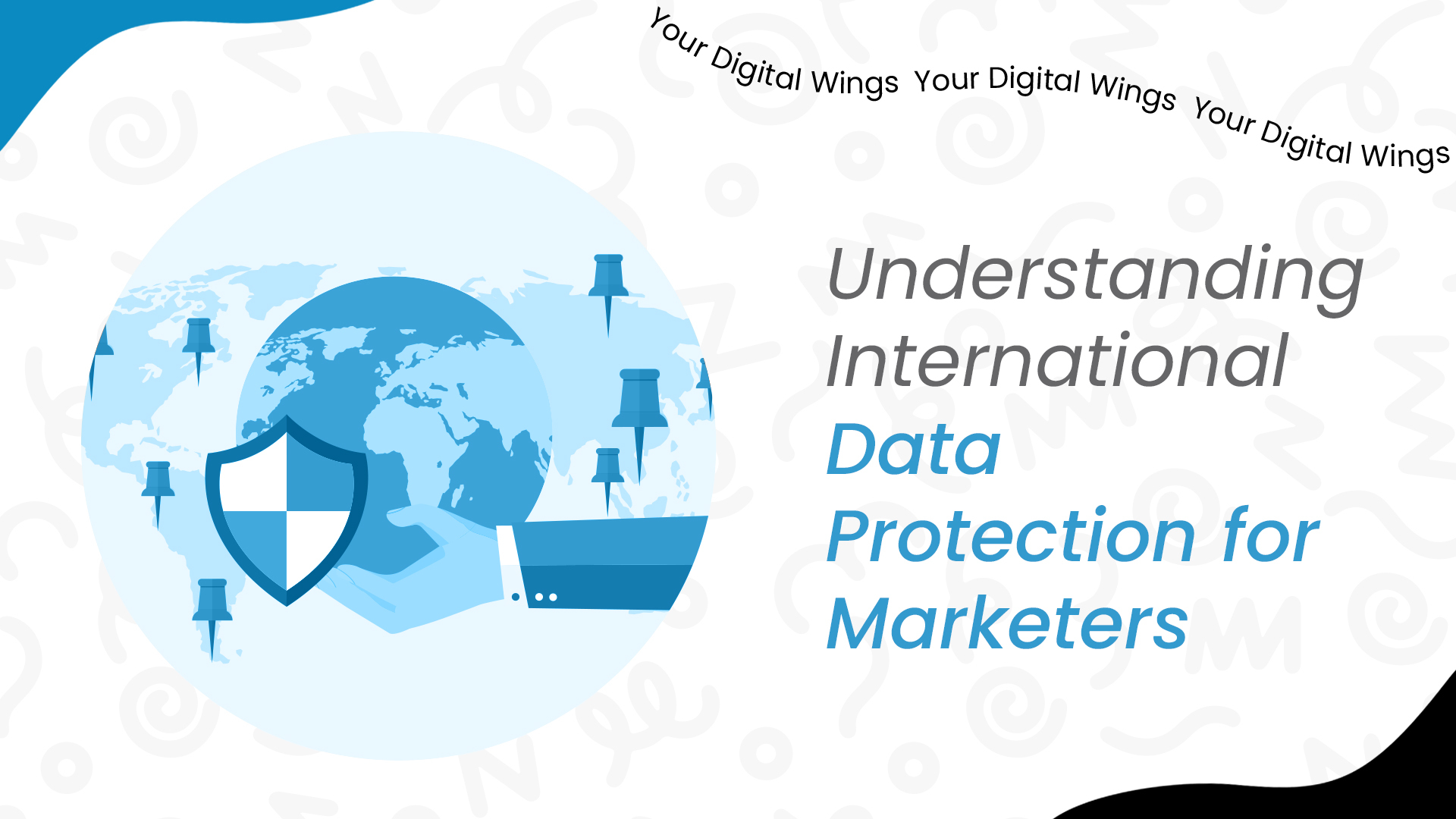Data protection should be your priority as a marketer. Marketing is an essential part of any business. To reach your audience globally, you must ensure data privacy for your company and your customers.
From compliance issues to currency differences, solving these complexities requires a deep and proper understanding of various factors influencing how data can be collected, stored and used.
Overview of Global Data Protection Laws
Internationally, most people’s data is being collected at an incredible level. The calls you make, the Pictures you take, and the websites you use are all measured and recorded. This footprint is fast becoming a prized resource. Digital footprints have become valuable because they contain all the information about how companies communicate with their customers and how customers respond to them.
The General Data Protection Law (GDPR) is a digital privacy regulation introduced on 25 May 2018. It requires companies to build privacy settings into their digital websites, products and social media and to switch them on by default. Big and small companies are held accountable under GDPR and gives all the power in the consumer hands.
- Companies should conduct privacy impact assessments regularly,
- Strengthen the way they seek permission to use the data,
- Document the way they use personal data,
- Improve the way companies communicate data breaches.
GDPR and Its Implications for Marketers
GDPR focuses on three major areas, and marketers should have to worry about these, Data Permission, Data Access, and Data Focus. Data Permission is like managing email opt-ins- people requesting materials. You can’t assume that consumers want to be contacted. They need to express themselves in a freely given, specific, informed way, which is reinforced by explicit affirmative action. In marketing, it clearly explains that leads, customers, and partners need to confirm that they want to be contacted physically. You have to ensure you have actively got permission from your customers and prospects.
Data Access ensures that as a marketer, it should be your responsibility to make it easy for your users to access their data, and they will remove consent for its use. GDPR allows individuals to gain more about how their data is used and collected. They should have the ability to access or remove it.
Data focus should receive full attention. As marketers, we are guilty of collecting more user data than we need. You have to create a proper set of data questions and keep them concise so that it will be easy for both of you to protect your data.
Data Transfer Regulations and Challenges
GDPR sets high standards for the transfer and processing of individuals’ data. It aims to protect individuals’ fundamental rights and freedoms and harmonize data protection laws across the EU. It mandates strict obligations on organizations, including obtaining consent, implementing measures, and ensuring data security during cross-border transfers.
One of the significant challenges organizations face is navigating the complexities of international data transfers, especially to countries outside the EU that need to provide adequate international data protection for marketers. Organizations should rely on Standard Contractual Clauses (SCCs) or Binding Corporate Rules (BCRs) to ensure compliance. Recent rulings like the Schrems II decision have added layers of scrutiny, requiring additional assessments and safeguards, making the compliance landscape even more demanding.
Best Practices for Compliance

- Adopt and Communicate an Ethical Profile
- Train Employees on Compliance Policies
- Integrate Hotlines with the Compliance Program
- Adopt a Risk-Based Approach to Compliance Management
- Be Proactive in Managing Compliance and Ethics
Adopting and communicating an ethical profile is essential. It plays a crucial role in fostering an organization’s integrity culture. Training employees on compliance policies ensures that everyone is aware of the legal and ethical standards that they must adhere to. Integrating hotlines with the compliance program provides a confidential avenue for reporting violations, further strengthening the organization’s commitment to Ethical marketing practices.
Implementing a risk-based approach to compliance management helps prioritize and mitigate potential risks effectively. Proactively managing compliance and ethics involves continuously monitoring and updating policies to adapt to new challenges and regulations, ensuring the organization remains compliant and ethically sound.
Ethical Considerations in Data Protection
Ethical considerations in International data protection for marketers revolve around respecting individuals’ privacy and maintaining the integrity and confidentiality of their personal information. Organizations must adopt and communicate a robust ethical profile demonstrating their commitment to protecting data and fostering trust.
Training employees on compliance policies is necessary. Ensuring everyone understands their responsibilities and ethical data handling is essential. Integrating hotlines with the compliance program provides a safe channel. This channel is provided for reporting breaches or unethical practices, promoting accountability.
Adopting a risk-based approach to compliance management helps organizations effectively identify and mitigate potential international data protection risks for marketers. Proactively managing compliance and ethics involves continuously monitoring and updating policies to address emerging threats and regulatory changes. It ensures that the organization remains compliant and upholds the highest ethical standards in International data protection for marketers.
Future Trends in Data Protection

- Increased Emphasis on Privacy by Design: Organizations will integrate international data protection for marketers measures into their systems and processes from the outset rather than as an afterthought.
- Advancements in Encryption Technologies: As cyber threats become more sophisticated, the demand for more robust encryption methods will rise. Future trends will see advancements in encryption technologies to safeguard data against increasingly complex cyber-attacks.
- Expansion of Data Protection Regulations: More countries and regions will adopt comprehensive data protection laws similar to the GDPR. This expansion will create a more uniform global standard for marketers’ international data protection and increase the complexity for organizations operating internationally.
- Artificial Intelligence and Machine Learning in Data Protection: AI and ML will significantly identify and mitigate data protection risks. These technologies will help automate the detection of anomalies and potential breaches, enhancing an organization’s ability to respond swiftly to threats.
- Greater Focus on Consumer Control: Consumers will demand more control over their data. Future trends will include more transparent privacy policies and tools that allow individuals to easily manage their data preferences.
- Rise of Zero Trust Architecture: The Zero Trust model, which assumes that threats can exist inside and outside the network, will gain popularity. This approach emphasizes strict identity verification and continuous monitoring to protect sensitive data.
- Development of Data Portability Solutions: As data portability becomes a Legal issue in international marketing requirements in many jurisdictions, there will be an increased focus on developing solutions that allow individuals to transfer their data securely between service providers without compromising privacy.
Conclusion
Understanding and complying with international data protection laws is essential. It is necessary for businesses aiming to operate successfully in a global market. They should follow global trade compliance and laws. These regulations protect individuals’ privacy and maintain trust. This is essential for building long-term customer relationships. Marketers must stay informed and proactive in their international data protection for marketers practices to navigate the evolving data privacy landscape effectively.
Contact Cretesol Tech for an expert guide in navigating international data protection laws and implementing compliant marketing strategies. Our team of experienced professionals is ready to help your business achieve global success.
FAQs
What are the fundamental data protection laws that marketers need to be aware of?
Marketers should be aware of the EU’s General Data Protection Regulation (GDPR), the California Consumer Privacy Act (CCPA) in the US, and other relevant laws, such as Brazil’s LGPD and Canada’s PIPEDA. These regulations set out data collection, consent, processing, and transfer requirements to protect individuals’ personal information.
How can businesses ensure compliance with GDPR and CCPA?
Businesses can ensure compliance by implementing comprehensive data protection policies, training employees on data privacy regulations, conducting regular data audits, and using International data protection for marketers impact assessments (DPIAs). Additionally, appointing a Data Protection Officer (DPO) and staying updated with regulatory changes are essential.
What are the best practices for transferring data internationally?
Best practices for transferring data internationally include using Standard Contractual Clauses (SCCs) or Binding Corporate Rules (BCRs) to ensure legal compliance. Conducting thorough risk assessments, implementing robust encryption methods, and maintaining transparency with data subjects about how their data will be used and protected is also crucial.

 United Arab Emirates
United Arab Emirates